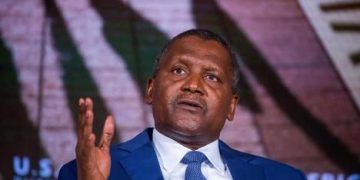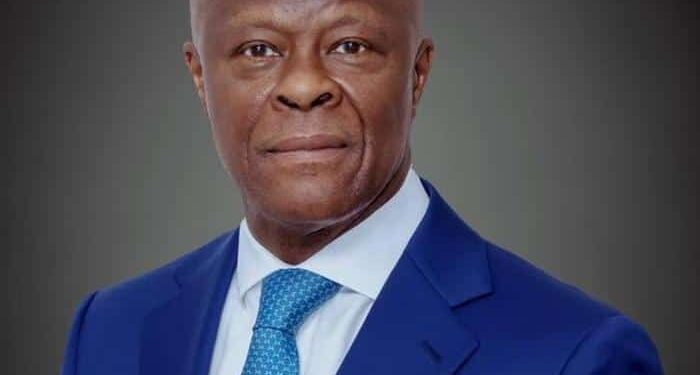The Federal Government of Nigeria has announced plans to commence a comprehensive forensic audit of the Nigerian National Petroleum Company Limited (NNPCL), aiming to enhance transparency and accountability within the nation’s oil sector. This initiative, disclosed by the Minister of Finance and Coordinating Minister of the Economy, Wale Edun, underscores the government’s commitment to rigorous scrutiny of NNPCL’s operations and financial activities.
Speaking at the Nigerian Investor Forum during the International Monetary Fund (IMF) and World Bank Spring Meetings in Washington, D.C., Edun highlighted that the forthcoming audit is part of broader efforts to cleanse and reform the NNPCL. He emphasized the necessity for earnest scrutiny to ensure that revenue inflows from NNPCL and other revenue generating agencies are accurately accounted for and remitted to the government’s coffers.
The decision to audit NNPCL follows longstanding concerns over the company’s financial reporting practices. Previous finance ministers, including Kemi Adeosun and Zainab Ahmed, had advocated for audits of NNPCL’s accounts, but no public reports have been released to date. Edun’s announcement marks a renewed commitment to addressing these transparency issues.
International financial institutions have also expressed concerns regarding NNPCL’s financial transparency. The World Bank, in its Nigeria Development Update report, urged the Nigerian government to conduct an audit to reconcile what NNPCL owes the Federation. The report highlighted the need for improved reporting of oil revenues to the Federation Account Allocation Committee (FAAC) and emphasized the importance of maintaining a market reflective price on Premium Motor Spirit (PMS).
The World Bank’s report further noted that the removal of fuel subsidies and the deregulation of PMS pricing are critical steps toward improving Nigeria’s economic outlook. However, it warned that without transparent financial practices and proper revenue management, the benefits of these reforms could be undermined.
In addition to transparency concerns, NNPCL has been grappling with substantial debts. Edun revealed that the company has commenced the repayment of a $6 billion debt owed to foreign suppliers, a move aimed at stabilizing the company’s financial standing and ensuring the sustainability of petrol supply to the domestic market.
The audit initiative is part of the Federal Government’s broader economic reform agenda under President Bola Ahmed Tinubu’s administration. These reforms aim to stabilize the nation’s economy, attract foreign investment, and provide opportunities for job creation and poverty reduction. At the IMF/World Bank Spring Meetings, Edun showcased Nigeria’s economic resilience and strategic response to global challenges, emphasizing the country’s efforts in tightening monetary policies and implementing structural reforms.






















































